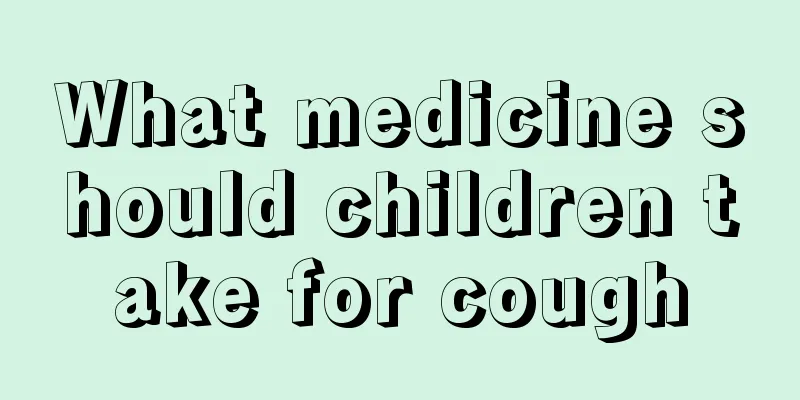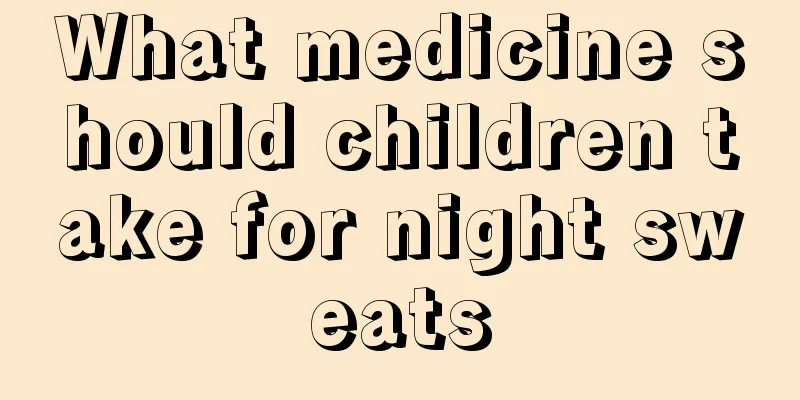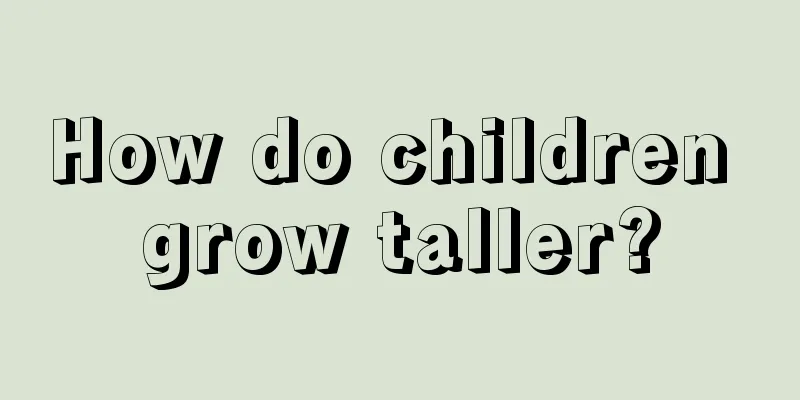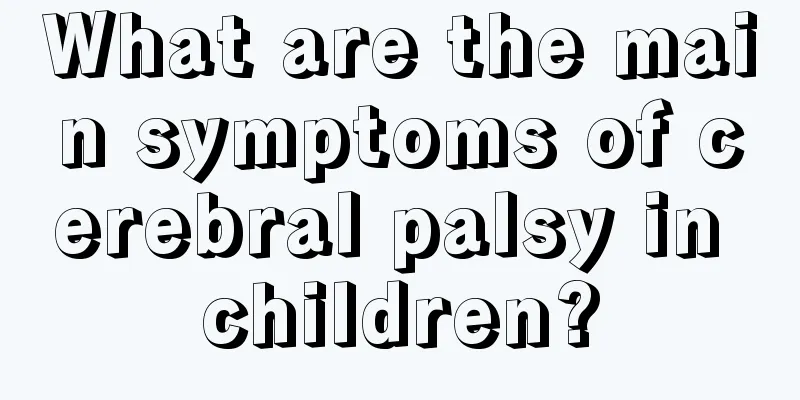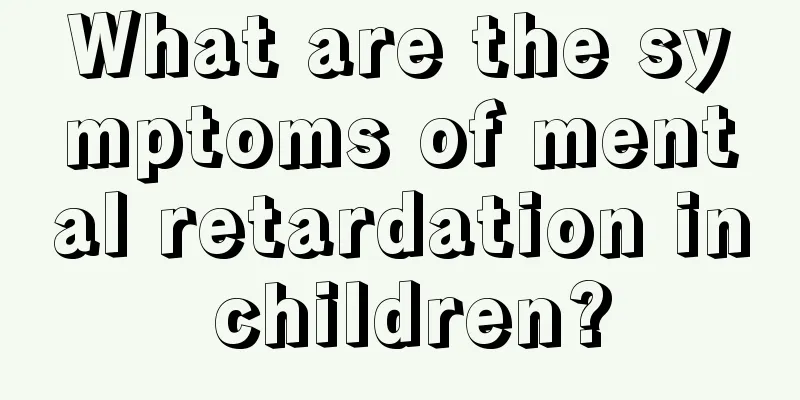How does ADHD develop in children?
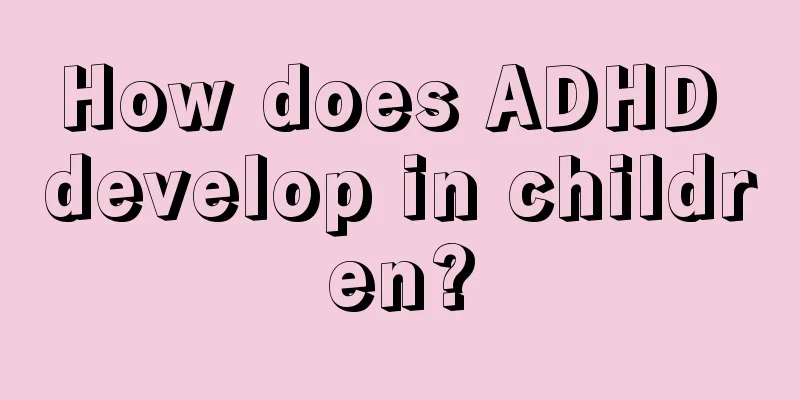
|
Attention Deficit Hyperactivity Disorder (ADHD) in children is a disease that is particularly harmful to children. Once this disease occurs, it will not only affect the child's physical and mental development, but also affect the child's academic performance and daily life. When a child exhibits abnormal behavior, parents and friends should pay special attention to it. It is particularly necessary to take the child to a regular hospital for examination and treatment. Let us now understand how Attention Deficit Hyperactivity Disorder (ADHD) in children is formed? 1. Genetics Family studies, twin studies, and foster child studies support that genetic factors are an important risk factor for ADHD, with an average heritability of approximately 76%. 2. Neurotransmitters Neurobiochemical and psychopharmacological studies have found that there is an imbalance in neurochemical transmitters in the brain, such as low dopamine and norepinephrine function and decreased 5-HT function in the patient's blood and urine. Some scholars have proposed the dopamine, norepinephrine and 5-hydroxytryptamine (5-HT) hypotheses of ADHD, but no hypothesis can fully explain the cause and mechanism of ADHD. 3. Neuroanatomy and Neurophysiology Structural magnetic resonance imaging (MRI) revealed abnormal development of the patient's frontal lobe and asymmetry of the rostral end of the bilateral caudate nucleus. Functional MRI also found that ADHD patients have brain function defects, such as hypofunction of the frontal lobe and abnormal activation of functions in the frontal lobe, especially the prefrontal lobe, basal ganglia, anterior cingulate cortex, cerebellum and other parts. 4. Environmental factors Includes prenatal, perinatal and postnatal factors. Risk factors associated with pregnancy and childbirth include smoking and drinking by mothers of ADHD patients, premature birth, postpartum hypoxic-ischemic encephalopathy, and thyroid dysfunction. Childhood illnesses that have been linked to the development of ADHD include viral infections, meningitis, encephalitis, head injuries, epilepsy, toxins, and drugs. More controversial factors include malnutrition, diet-related allergies, excessive intake of beverages or foods containing food additives, iron deficiency in children, elevated blood lead levels, and decreased blood zinc levels, which are associated with the development of ADHD, but the evidence is currently insufficient. 5. Family and psychosocial factors Negative factors such as parental discord, family breakdown, improper parenting methods, bad parental personalities, mothers suffering from depression, fathers with impulsive, antisocial behavior or substance addiction, family financial difficulties, crowded housing, separation from parents, abuse in childhood, and improper educational methods in school may all serve as triggers for the onset of the disease or reasons for the persistence of symptoms. The above is an introduction to how ADHD is formed in children. When a child has ADHD, we must pay special attention to it. We must not only actively treat and condition the child, but also pay attention to treating the child as much as possible. We must achieve the purpose of helping the child with treatment through multi-faceted conditioning. This is a responsibility to the child. |
<<: Which department should children with ADHD go to?
>>: What are the self-treatment methods for children with ADHD?
Recommend
What causes baby's leg pain?
Many babies complain of leg pain when they are yo...
Why does my baby still spit up milk after seven months?
In fact, in daily life, many babies need their pa...
The baby chokes every time he feeds
When babies are young, they are usually breastfed...
How to get a child to sleep
Babies will make trouble when they don’t sleep, e...
Why does my baby have a high fever?
If the baby always has a high fever, parents shou...
What to do if your child is allergic to alcohol
Today, let’s learn about a question: What should ...
Can a three-month-old baby use air conditioning?
Summer is the season when babies are most likely ...
Is it okay for a four-month-old baby to take a bath and swim frequently?
Most babies are afraid of water, and they cry eas...
Why does a seven-month-old baby catch a cold?
A cold in a 7-month-old baby is a common disease ...
Can pregnant women drink vitamin C effervescent tablets?
Vitamin C effervescent tablets are actually vitam...
What to do if children have eye mucus
I believe everyone knows what eye boogers are. Ey...
What to do if your child has eye pain
Children often rub their eyes in their daily live...
How to care for acne on baby's face
It is easy to get angry in the spring. Not only a...
Why does an 8-year-old child wet the bed?
If an eight-year-old child still wets the bed, it...
How to improve the physical fitness of teenagers
Nowadays, many teenagers have developed the bad h...


